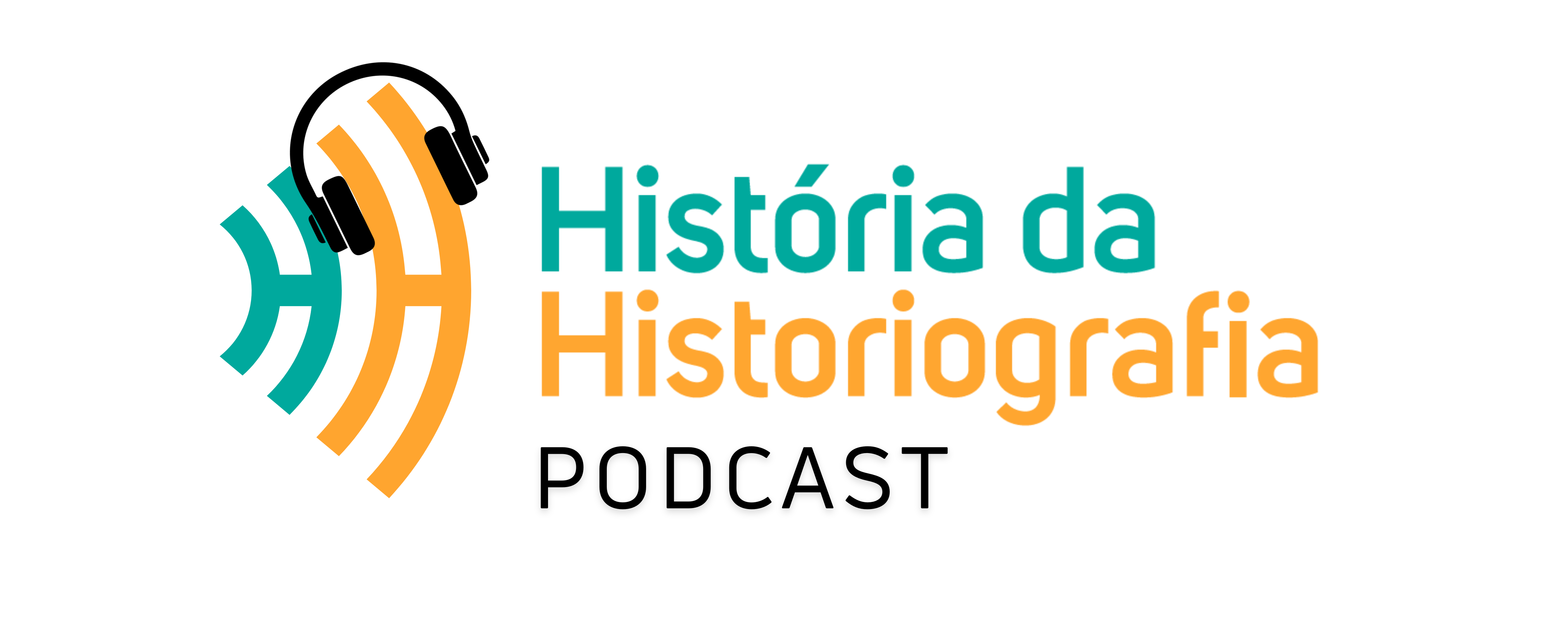Mithistória do debate persa (Heródoto, III, 80-82)
DOI:
https://doi.org/10.15848/hh.v0i10.483Palavras-chave:
Heródoto, Historiografia, Historiografia antigaResumo
É predominante a tese de que o debate persa fala grego e diz a realidade histórica da pólis consoante o horizonte mental do lógos helênico. Todavia, o lógos herodoteano suscitou perplexidades que intrigam o melhor entendimento do texto, a denunciar ou indefinições ou ambiguidades ou mesmo inconsistências, que os críticos intentam equacionar por meios de (in)certos desvios analíticos. O presente artigo, considerando que o desenvolvimento narrativo antitético construído retoricamente pelo Debate contrapõe os antagonismos das formas políticas segundo uma estratégia argumentativa de significações cumulativas, propõe aproximar sua semântica conceitual de uma correspondente narrativa consagrada, entretanto, em registro de mythos. Assim relido o Debate a integrar a semântica mítica, propõe-se que a hermenêutica do texto herodoteano supõe a dualidade complementar de um jogo semântico: a afirmação do lógos dominante da linguagem em que ele se exprime ocultaria como recessiva a memória da linguagem do mito que seria (im)perceptivelmente elidido.
Downloads
Downloads
Publicado
Como Citar
Edição
Seção
Licença
Copyright (c) 2012 Francisco Murari Pires

Este trabalho está licenciado sob uma licença Creative Commons Attribution 4.0 International License.
O envio de manuscrito para a revista garante aos seus autores a manutenção dos direitos autorais sobre o mesmo e autoriza que a revista realize a primeira publicação do texto. Os dados, conceitos e opiniões apresentados nos trabalhos, bem como a exatidão das referências documentais e bibliográficas, são de inteira responsabilidade dos autores.

Este obra está licenciada com uma Licença Creative Commons Atribuição 4.0 Internacional.


















